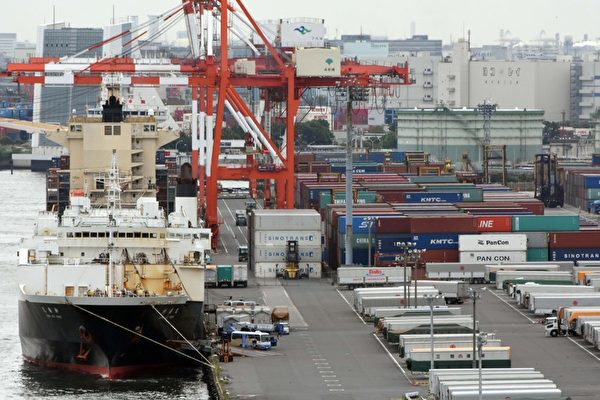The Japanese government plans to establish a dedicated cybersecurity department as early as the fiscal year 2025 to protect ports, railways, airports, and other critical infrastructures from cyber-attacks. This move aims to strengthen the defense of key infrastructure and enhance economic security.
According to Nikkei Asia, the Japan Ministry of Land, Infrastructure, Transport and Tourism (MLIT) will include the organization and staffing application for this agency in the 2025 fiscal year starting in April next year.
Up to now, Japan has not had a department specifically responsible for cybersecurity of critical infrastructure, and coordination in this area has been carried out internally by the Ministry of Land, Infrastructure, Transport, and Tourism.
The newly established cybersecurity team is an interdepartmental agency that will share information with various infrastructure departments. In addition to addressing cyber-attacks, it will also conduct training and other preparedness activities.
The agency’s regulatory scope includes water supply, railways, automotive freight transport, maritime transport, port operations, aviation, and airports. The agency also plans to oversee land transactions and infrastructure construction in areas critical to advanced semiconductors and other industries.
With the rapid development of Internet technology, cybersecurity risks are becoming more pronounced. The paralysis of critical infrastructure networks can cause social disorder and even pose a threat to national security.
Last July, the system of containers at Nagoya Port was hit by ransomware, causing a three-day delay in ship loading and unloading.
In May of this year, a large-scale cyber-attack disrupted the East Japan Railway Company’s smartphone app, “Mobile Suica.”
On July 19th this year, system issues at the cybersecurity company CrowdStrike led to a global IT system shutdown, forcing numerous companies from airlines to major banks, television stations, and healthcare institutions to suspend business operations.
At the same time, an increasing number of hackers supported by the Chinese Communist Party are targeting Japan’s critical infrastructure.
According to the U.S. cybersecurity firm Recorded Future, at the Munich Security Conference held on February 16th this year, Kazutaka Nakamizo, Deputy Director of the National Cybersecurity Incident Readiness and Strategy Center (NISC) under the Cabinet Secretariat of Japan, stated that hackers supported by the Chinese Communist Party are increasingly targeting Japanese telecommunications operators and internet service providers and other critical infrastructure.
He mentioned that the number of network attacks related to the Chinese Communist Party had surged from 150 cases in 2021 to 230 cases in 2022, and continued to rise last year. He added that this number is just the tip of the iceberg.
Prior to the Munich Security Conference, the U.S. Department of Justice dismantled a zombie network operated by hackers from the Chinese government called “Volt Typhoon.” The network was allegedly collecting information to launch destructive cyber-attacks on critical U.S. infrastructure during a major crisis or conflict with the United States.

